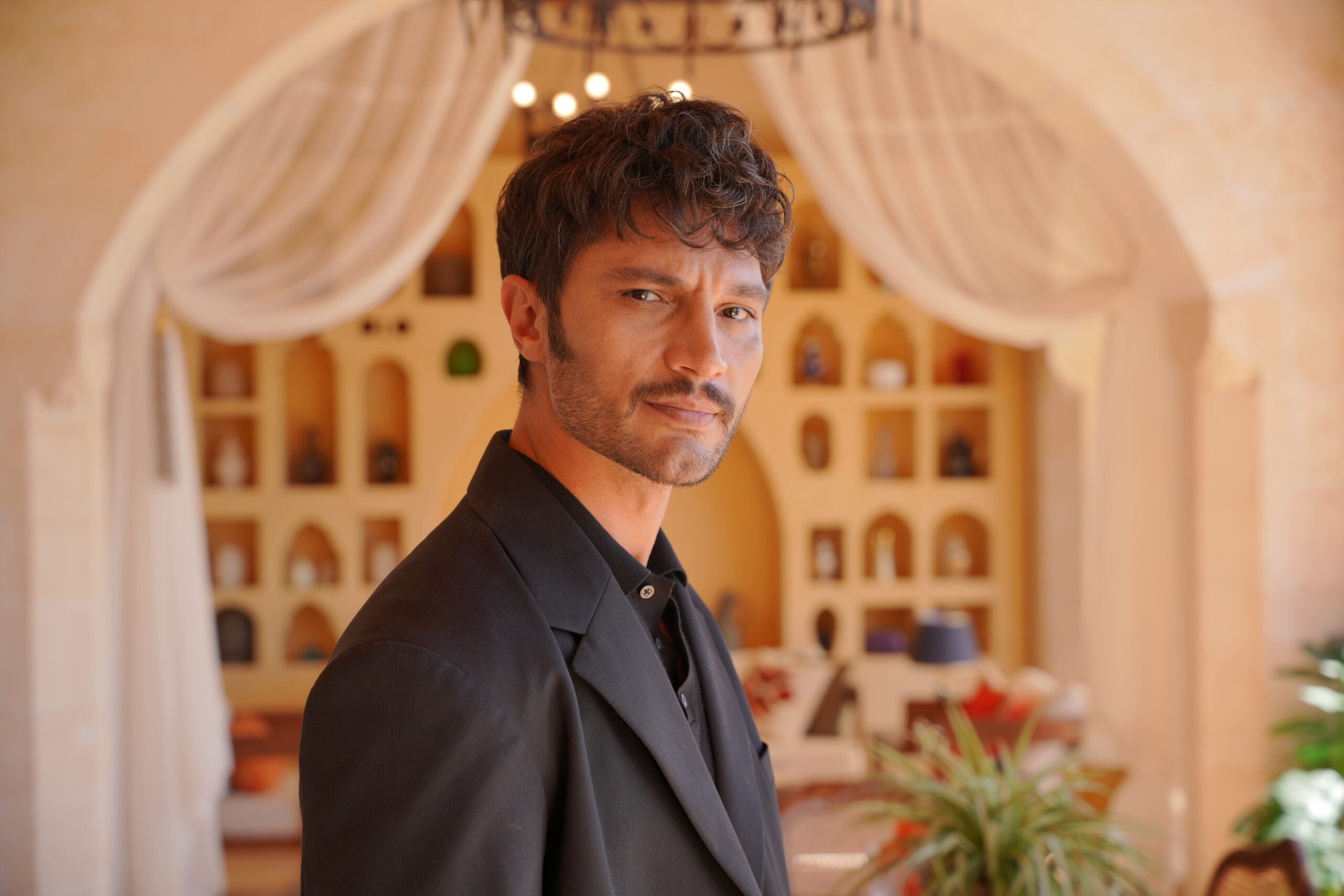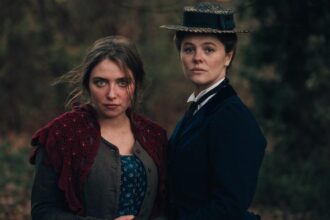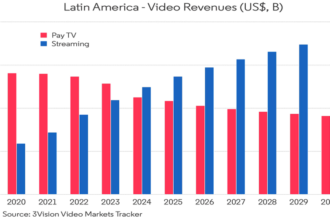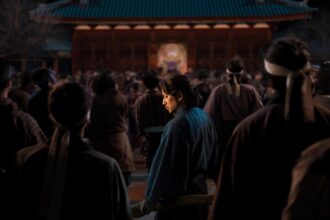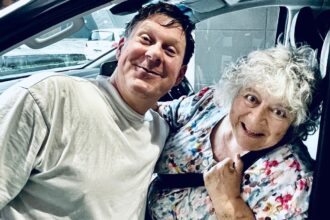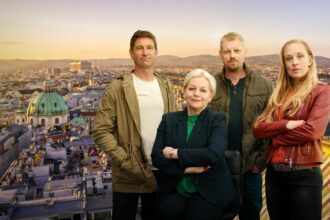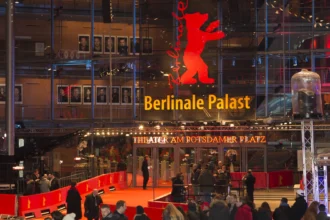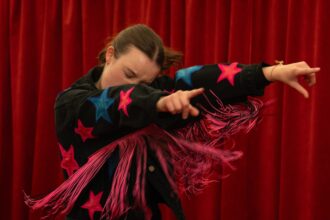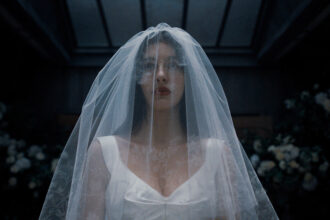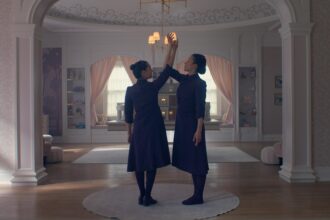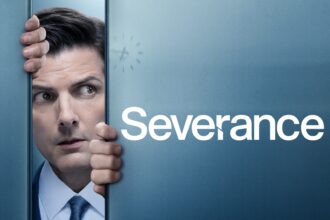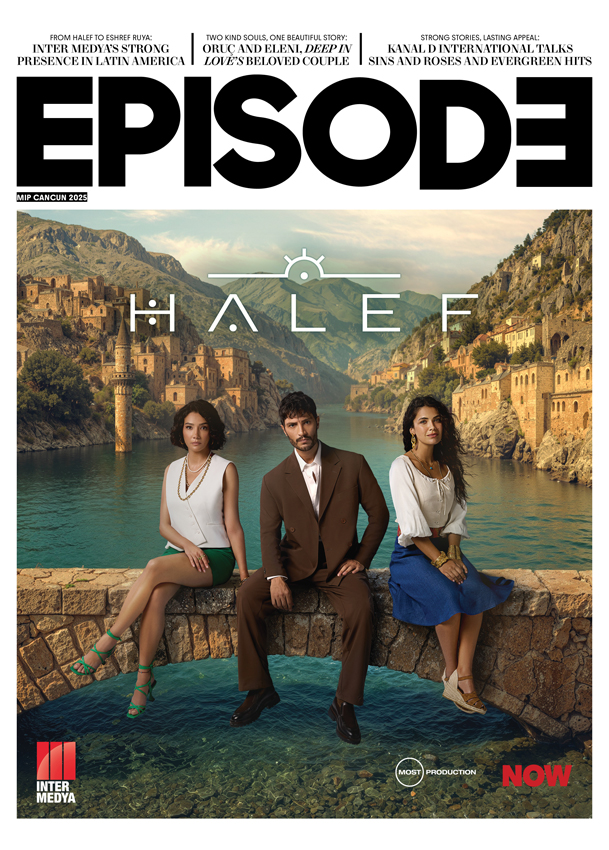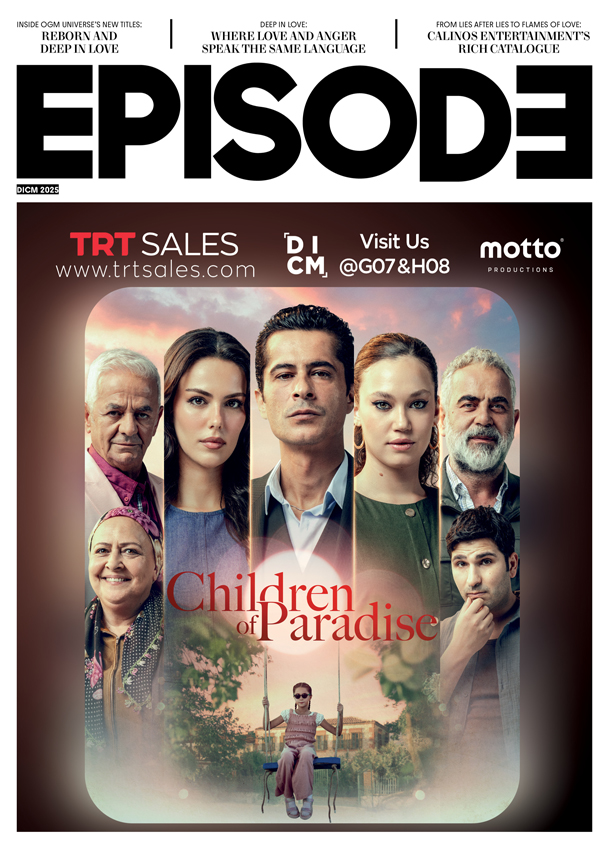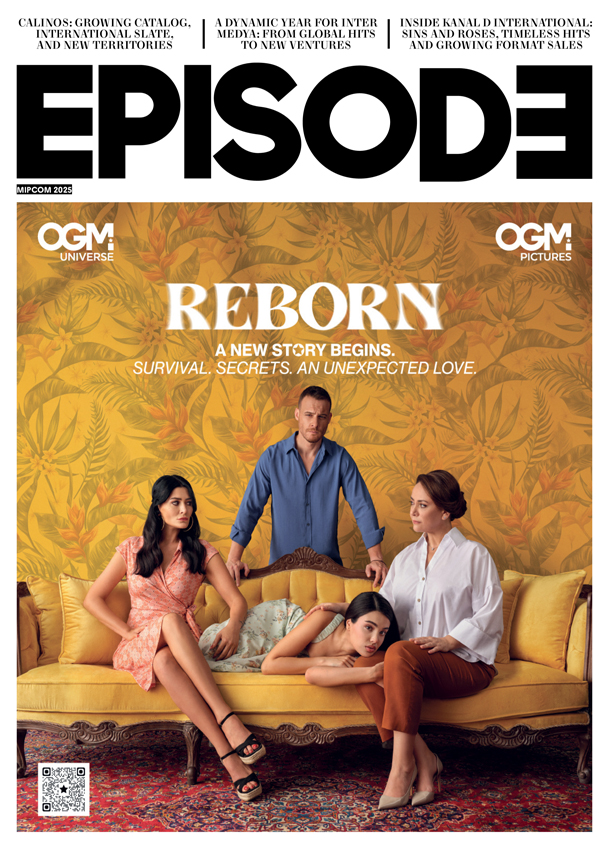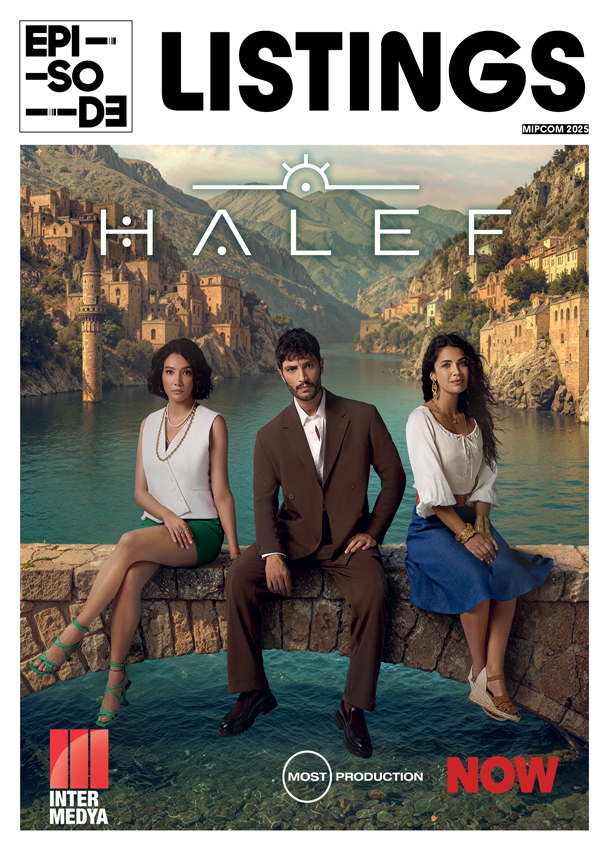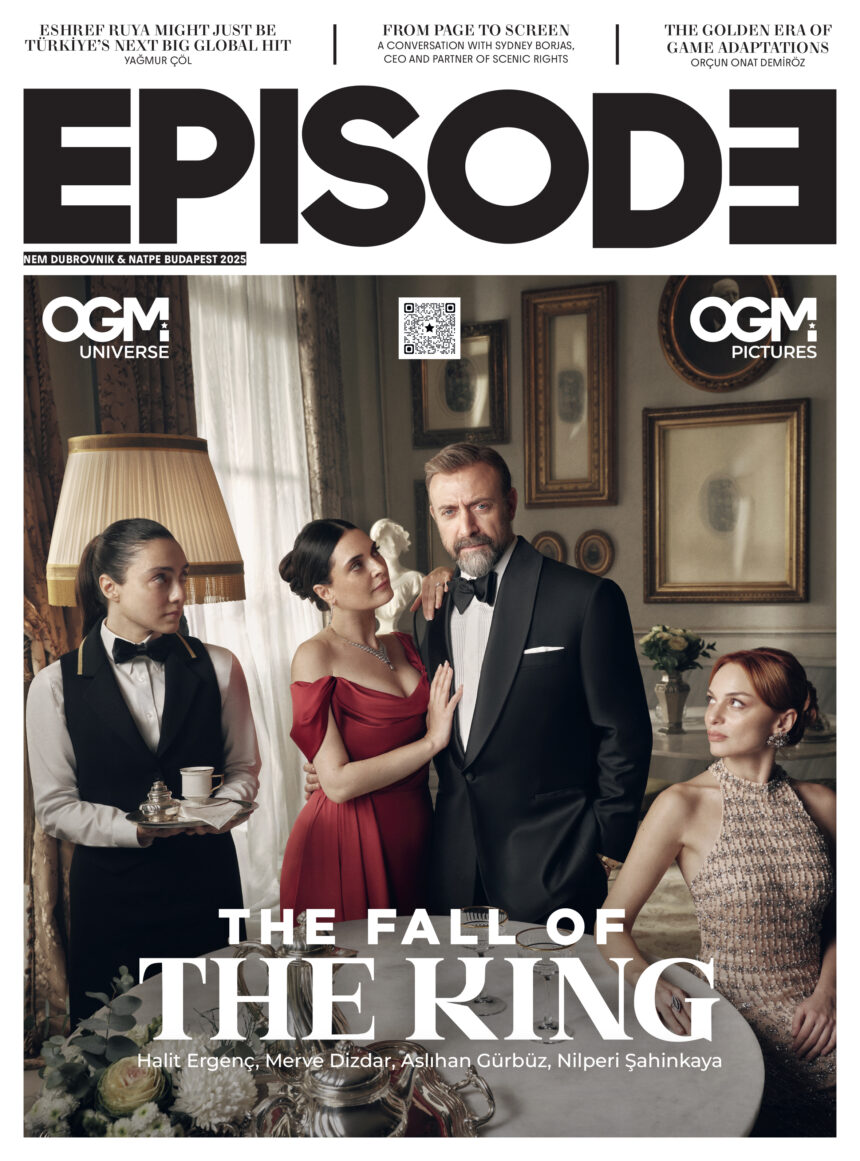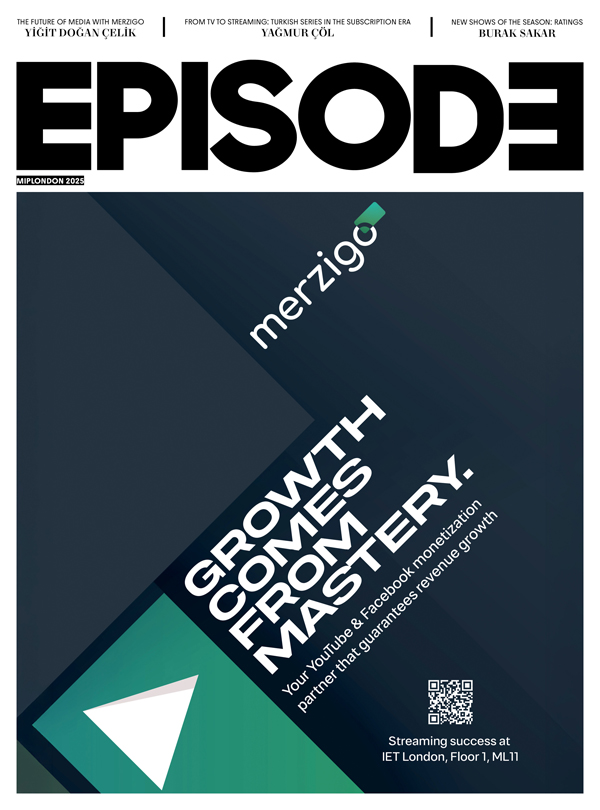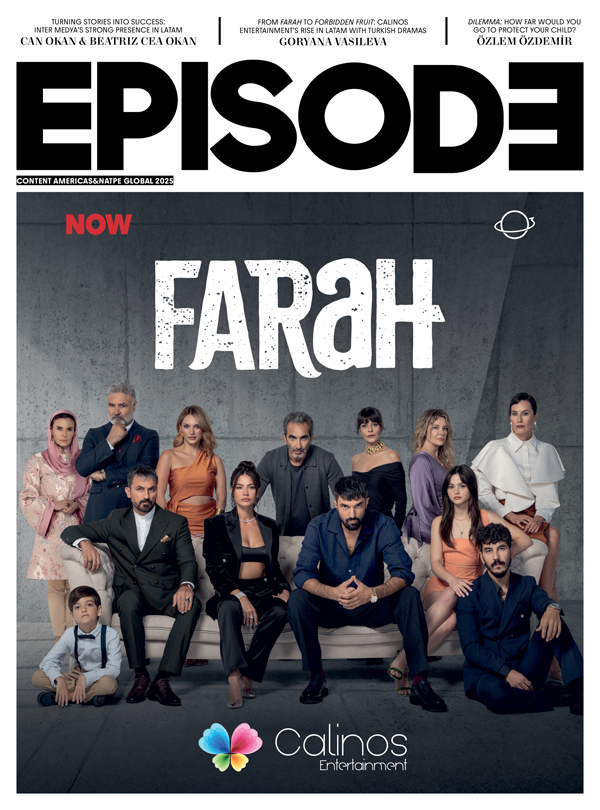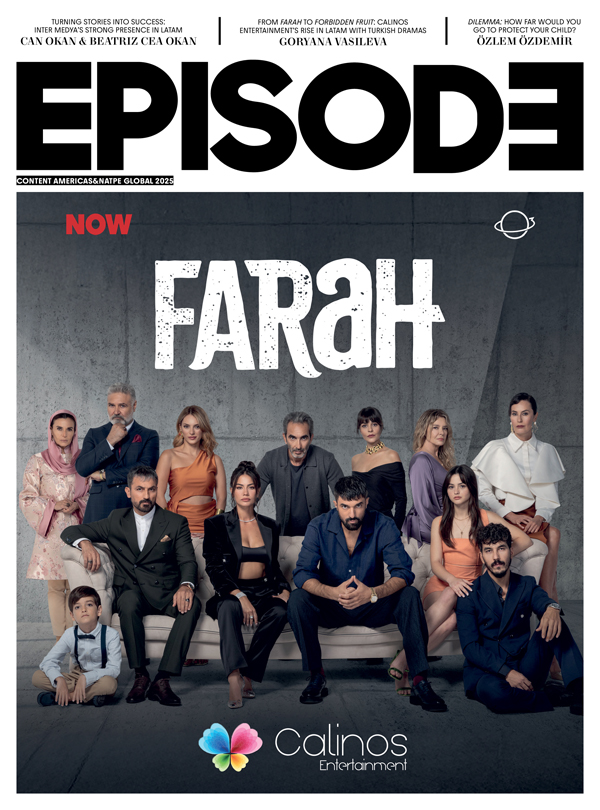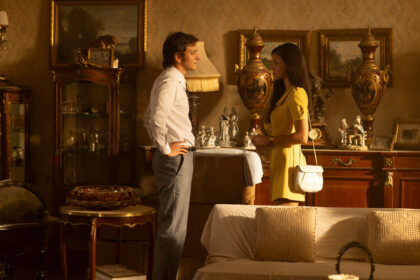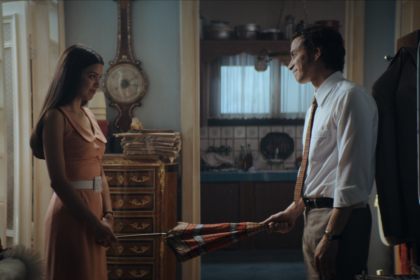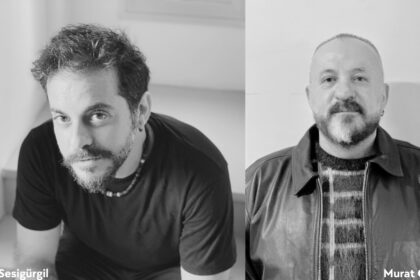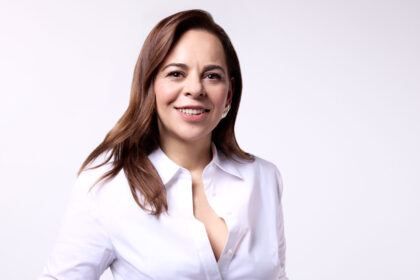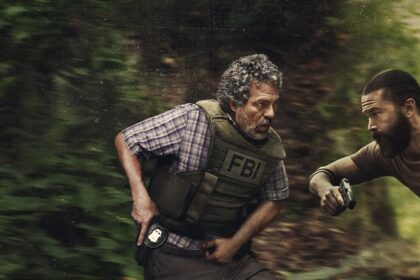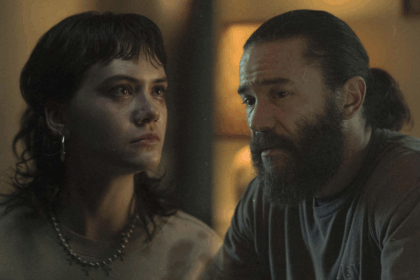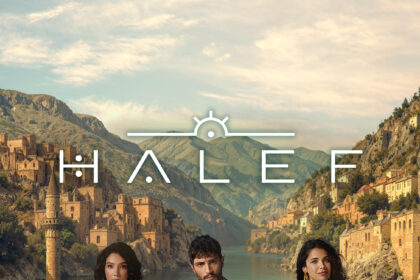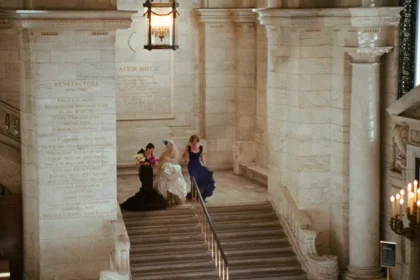Before we get into your character, I’d love to hear how you would describe Halef in your own words.
İlhan Şen: Before anything else, I want to express my gratitude, especially to our writing team, our screenwriter, our producer, the people and authorities of Urfa who welcomed us so warmly, and of course, the entire crew and my fellow actors. Everyone’s effort played a huge part in making this project what it is, and I want to thank them all sincerely, again and again.
Halef is really a story shaped by the inner conflicts of all its characters. It’s not just about one or two people, every character has their own struggles, and they all affect one another. I think that’s exactly what makes this project so valuable.
Actually, the real lead of this project is the script itself, and it shares that role with Urfa. Both the city and the script shape Halef into what it is. Through the characters’ inner conflicts, the ways they touch each other’s lives, and the new tensions that arise from those connections, Halef became a compelling story that, I believe, truly engages the audience. I hope it continues that way.
İlhan Şen: “I see Serhat’s journey as one about not using his strength. He has a family, he has roots, but he also has a love. And he’s constantly trying to find a balance between those three.”
Serhat is a character torn between his family, his roots, and his love. How did you approach portraying that inner conflict?
İlhan Şen: Even though Serhat might seem like a story of transformation, I don’t really see it that way. For me, Serhat doesn’t actually change that much, he’s always been very aware of who he is. Even after moving from Urfa to İstanbul and choosing a completely different kind of life, he’s always known what might eventually come his way. He just wants to escape for as long as he can. But at some point, we see that what he’s been running from finally catches up with him. So rather than a transformation story, I see Serhat’s journey as one about not using his strength. He has a family, he has roots, but he also has a love. And he’s constantly trying to find a balance between those three.
But as I said, he’s very aware of who he is and the strength that comes with it. He knows what could happen, and for a long time, he hides that truth from Melek to protect her from it. Sometimes I wonder if he could have made different choices, if things could have gone another way, but this is the story we’re telling, and that’s the path we follow.
That’s why the audience doesn’t just see his sense of being trapped; they see his effort to maintain that balance and the energy he puts into keeping everyone safe without hurting anyone. That’s why, rather than following a specific method or path, I simply feel responsible for staying true to what the script and the character bring to me. It’s really as simple as that.
There is a lot of positive feedback about the chemistry between Yıldız and Serhat, and Melek adds a completely different kind of balance to the story. What should viewers expect from the dynamic between these three characters?
İlhan Şen: Actually, we have two very strong characters that represent two different sides of Serhat. Melek reflects his life in İstanbul; his identity as a doctor, a highly skilled surgeon, and the world he has built there. Yıldız, on the other hand, represents where he comes from, his family, his roots, and that sense of being the head of a tribe, an agha. That balance between the two women is really the balance within Serhat’s own life.
As for where the story will take them, honestly, I don’t know either. But in terms of what the audience should expect, I think that’s a question only our writer can truly answer. All we can do is give our best with each new episode that comes our way.
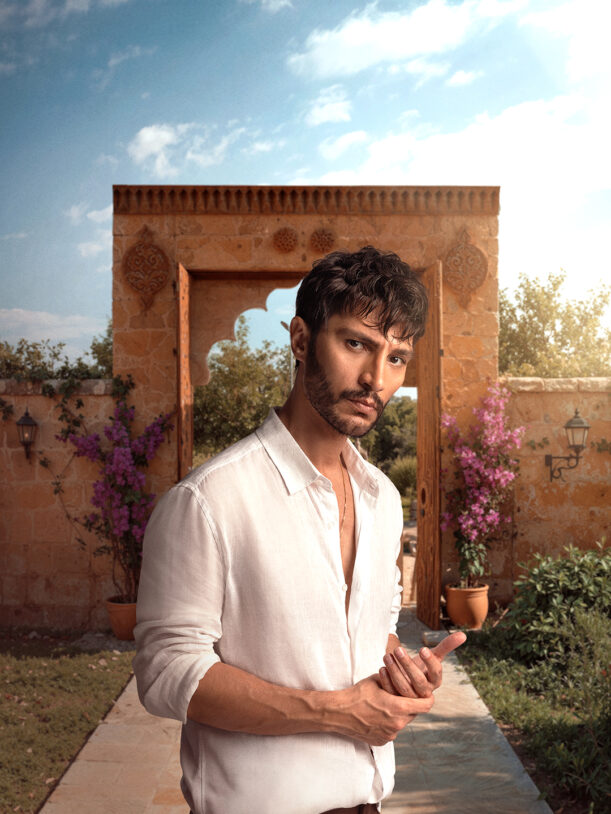
You have strong on-screen chemistry with both Aybüke Pusat and Biran Damla Yılmaz. What’s the atmosphere like on set?
İlhan Şen: Instead of me describing it, I honestly wish you could come and see it yourself. It’s such a wonderful and well-matched team that sometimes we literally don’t know who to hug first. We often shoot big ensemble scenes, and those are the ones we all look forward to the most because they give us a chance to spend more time together. We all stay in the same place -the same hotel- and even though we’re far from our families, our homes, and for some of us even our kids or pets, the team makes sure we never really feel that distance. Everyone truly loves what they do, loves each other, and loves their characters. That’s something very special, especially when you’re filming away from home.
I think this harmony doesn’t really come from the characters themselves, but from the actors portraying their roles truthfully. When something is played right, that’s what we call acting. Everyone in this project has embraced their character so deeply that when those characters cross paths, the chemistry naturally appears on its own. It’s not something we deliberately try to create, it just happens that way. And of course, the audience can sense that honesty on screen. I think sincerity is the right word here. Everyone is sincere with one another and with their own characters. And that’s what makes the whole thing so enjoyable to watch.
We’ve seen many series built around tribal stories, it’s a theme that’s been on screen since the early 2000s, and some of those shows have been truly successful. Halef is also doing very well in both ratings and audience response. What do you think makes it stand out?
İlhan Şen: First of all, I want to thank everyone watching us, from the bottom of my heart. We’re making this show for them, and thanks to the time and attention they give us, we get to keep doing our work. I say this all the time, and I’ll keep saying it: to every viewer who spends even a minute with Halef, thank you. On behalf of the entire team; our producers, director, writers, and all my fellow actors, I’m truly grateful.
Of course, there will always be series about tribes, and there will always be love stories. I say this all the time: I’m not someone who’s against clichés. Because if you look closely, almost every story comes from something timeless. For example, the dynamic between the Kordağlı and Yelduran families is, in a way, a Romeo and Juliet story, one written centuries ago. When you look at Halef and Serhat’s journey, it even carries a touch of Hamlet, only here, it’s his brother, not his uncle, who kills his father and wants to take his place. Or maybe it has something of The Count of Monte Cristo in it. In the end, what we’re telling here are very fundamental stories. What makes Halef stand out, I believe, is what I mentioned earlier: the way the actors have fully embraced their characters and the sincerity they share with one another. Alongside that sincerity, you have the strength of the script, the atmosphere of Urfa, our director’s vision, the cinematographer’s craft, the music, and the technical team’s skill, when all of those elements fall into place, the result naturally becomes something worth watching. With full respect for the effort behind every other production, I can only speak for our own, and ours is that kind of project. Thank you.
As you know, Turkish series today reach so many countries and regions, they’re loved all around the world. Where do you think Halef connects most with international audiences?
İlhan Şen: Once again, I find myself coming back to the same point. What we tell in Halef is a warm story, one that draws curiosity, that people want to watch, and that keeps them wondering what will happen next. I don’t really believe that love or sincerity has a language. If I were watching this show in Spanish, I would still be watching it. And if we had filmed it in Japanese, I would still watch it. That’s why I believe sincerity, love, and good storytelling have nothing to do with language or geography. Wherever in the world a story like that is told, it will find its audience.
The best example of this is music; we often listen to songs in languages we don’t understand, whose lyrics we’ve never even heard clearly, yet we keep listening for hours, days, even years. Storytelling is like that, too. No matter what language you use, or where your viewers are, if you can bring out genuine sincerity and beauty, people will watch, and they’ll like it. That’s how I see it. Once we capture that warmth in our stories, we naturally reach those wonderful audiences abroad who follow us. I’d like to thank them in advance for the time and attention they give us, with all my best wishes.
This exclusive interview with İlhan Şen was featured in Episode Magazine’s MIP Cancun 2025 issue.






